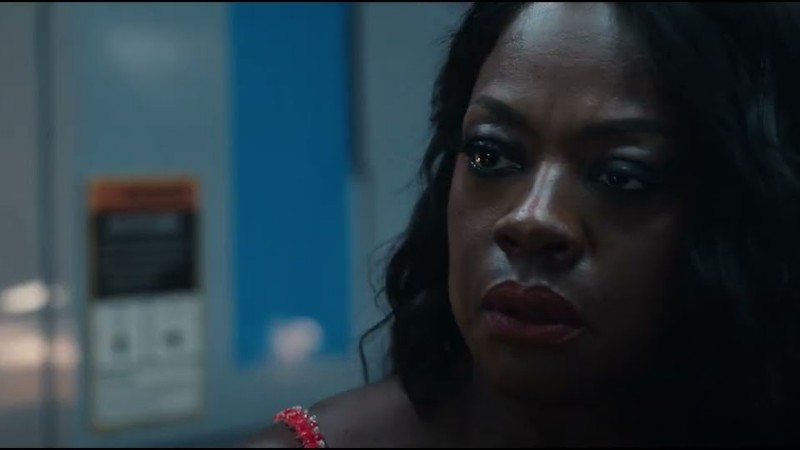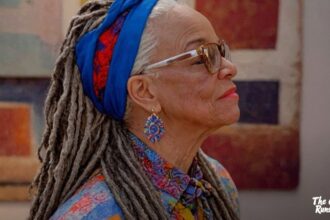Black Hollywood has always had the talent, the vision, and the drive—but not always the spotlight it deserves. Number One on the Call Sheet, a two-part docuseries now streaming on Apple TV, sets the record straight.
Directed by Reginald Hudlin and Shola Lynch, the series gives legendary Black actors the space to speak their truth—unfiltered, emotional, and inspiring.
Speaking truth in Hollywood
The first half centers on Black men in the industry, with stories from Will Smith, Eddie Murphy, Denzel Washington, Kevin Hart, and more. They talk about what it really means to lead—on and off set.
Morgan Freeman opens up about the difference between being a star and being a real actor. Eddie Murphy shares advice he got from Sidney Poitier and behind-the-scenes gems from Boomerang. These aren’t just career highlights—they’re moments that shaped how Black men move through Hollywood.
Tweet
In part two, the spotlight shifts to Black women who’ve had to fight even harder to be seen and respected. Gabourey Sidibe, Gabrielle Union, Viola Davis, and Halle Berry talk candidly about beauty standards, colorism, and the pressure to fit a mold that wasn’t made for them.
Halle Berry reflects on her historic Oscar win and why it still feels complicated. Whoopi Goldberg breaks down how some of her biggest roles came her way only after white actresses said no.
What Black Panther meant
The series also touches on the power of Black Panther, the pride it brought, and the impact of Chadwick Boseman—through the eyes of Michael B. Jordan, Daniel Kaluuya, and Denzel Washington.
At its core, Number One on the Call Sheet isn’t just about fame—it’s about purpose, presence, and passing the torch. It’s a reminder that the story isn’t over—it’s just getting better.
Key Takeaways
Number One on the Call Sheet is a two-part documentary series on Apple TV that highlights the raw experiences and successes of Black actors in Hollywood.
- Impact: The series exposes the systemic challenges and personal obstacles faced by Black actors, stressing the critical need for better representation and acknowledgment.
- Action: Viewers and industry professionals can support and push for more diverse and inclusive casting and storytelling in Hollywood.
- Empowerment: Black actors and filmmakers can leverage their platforms to spark change, challenge stereotypes, and pave the way for future generations.








